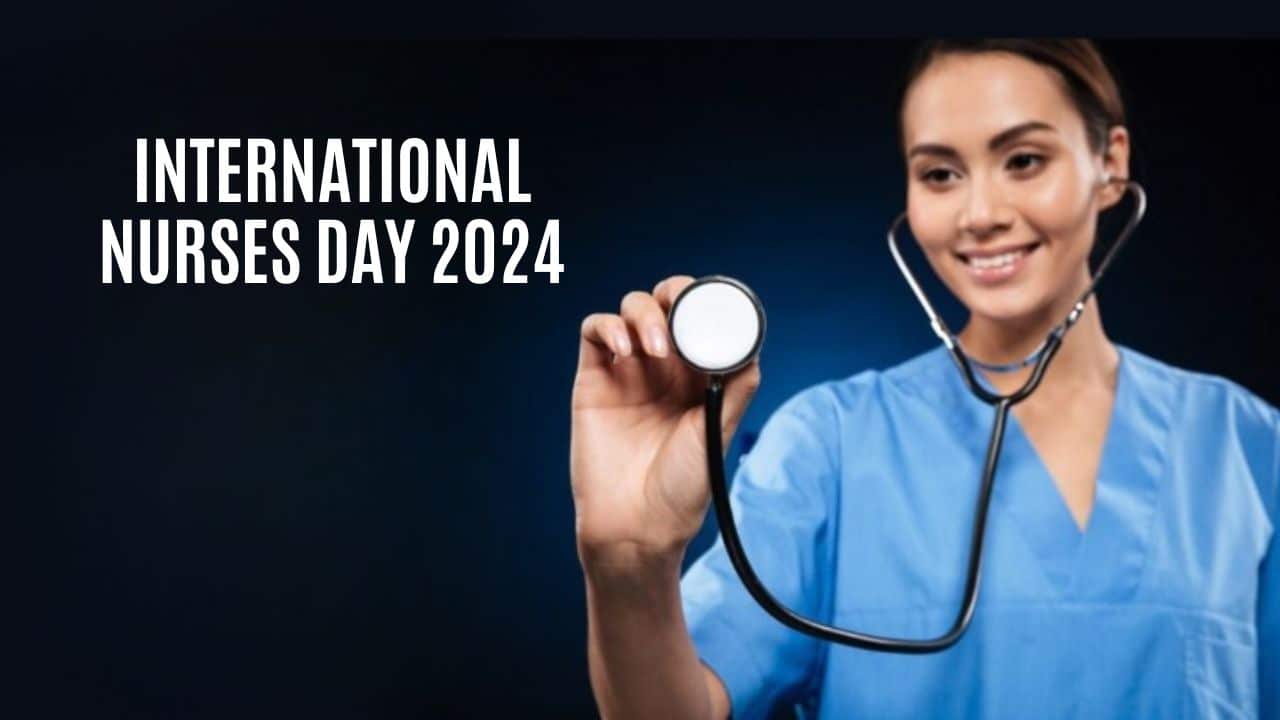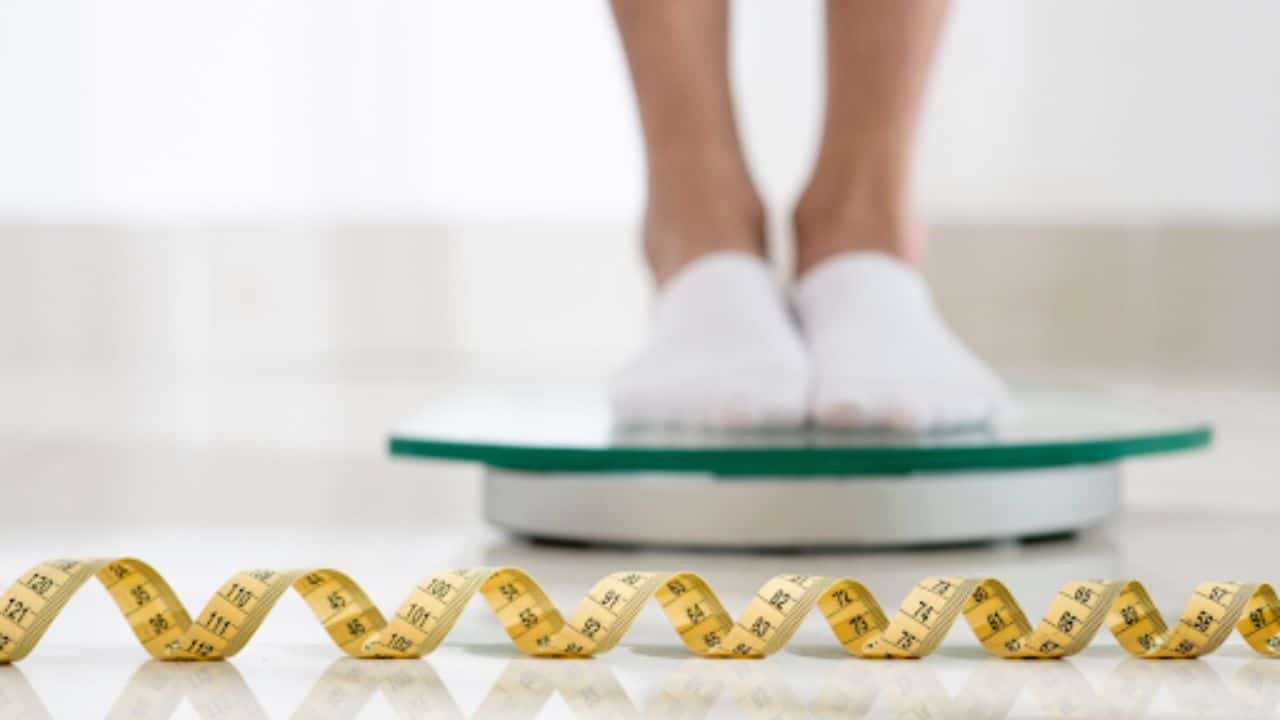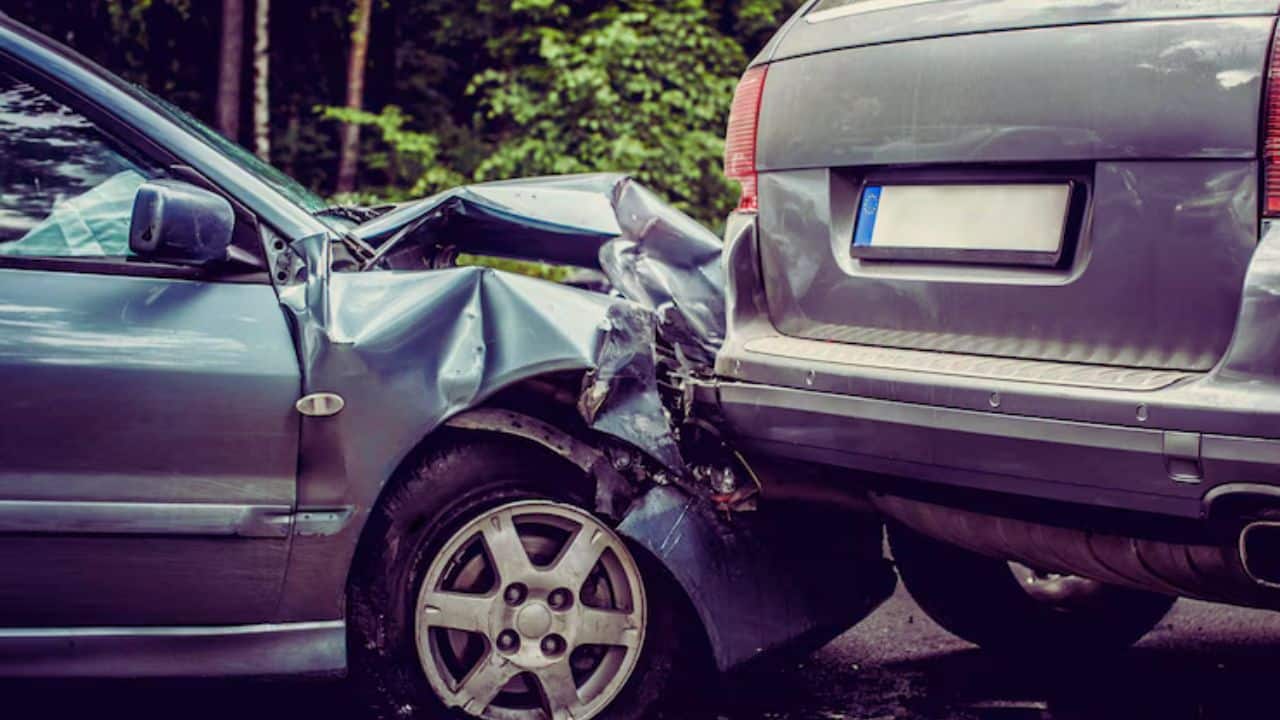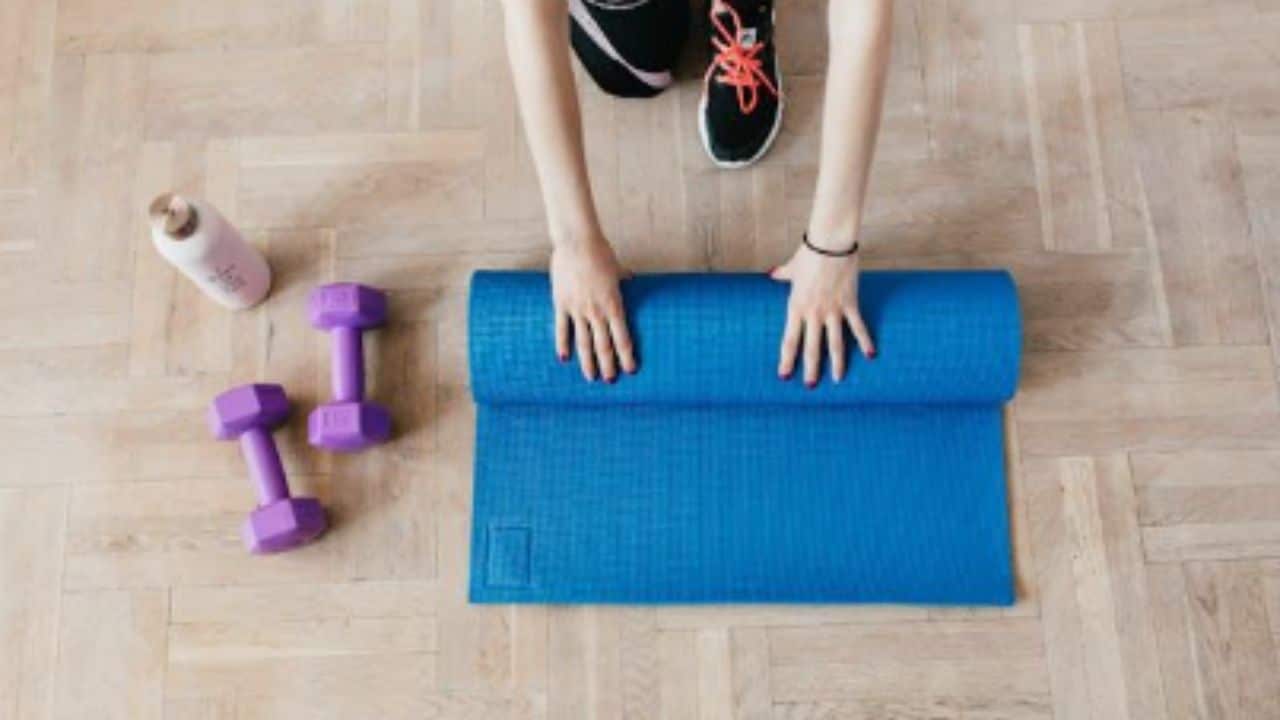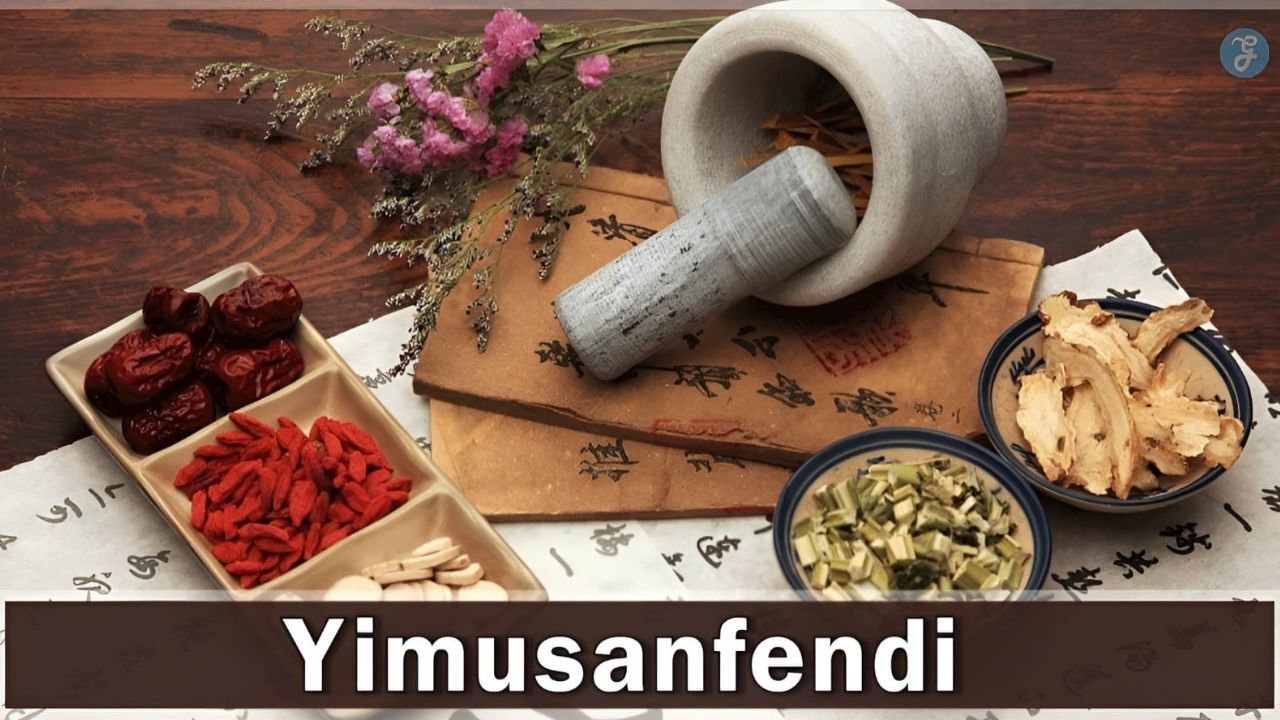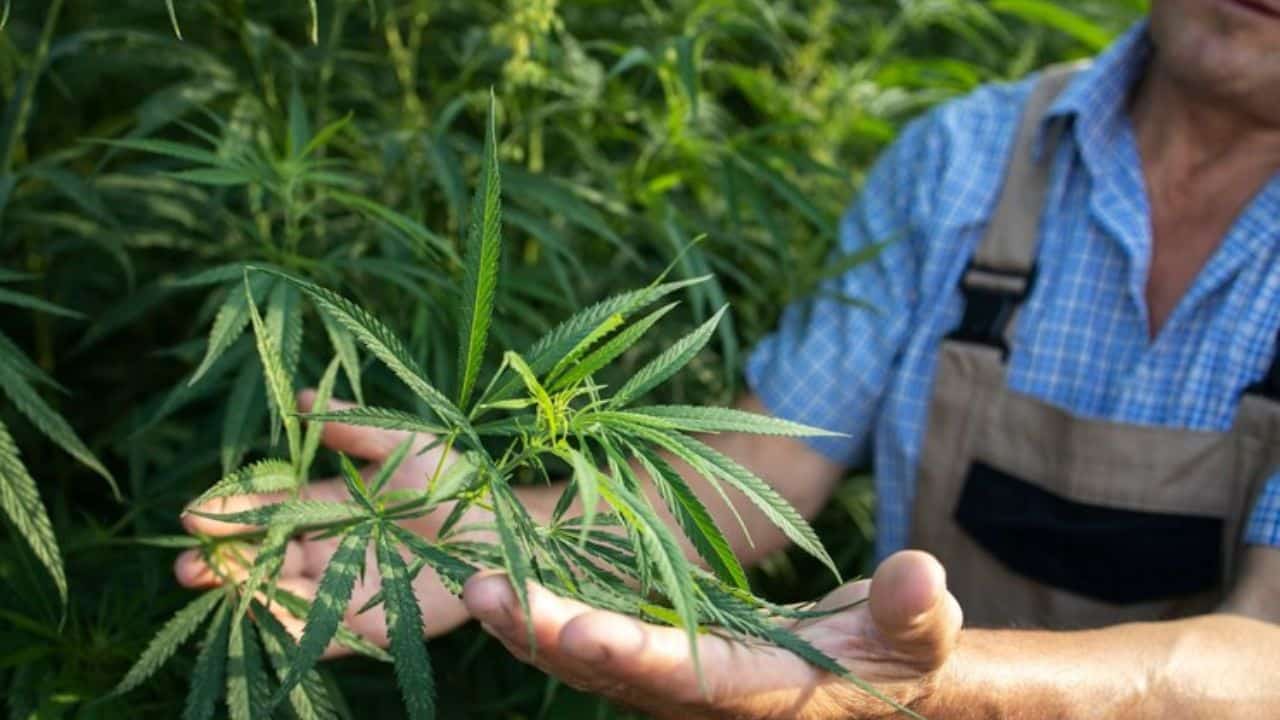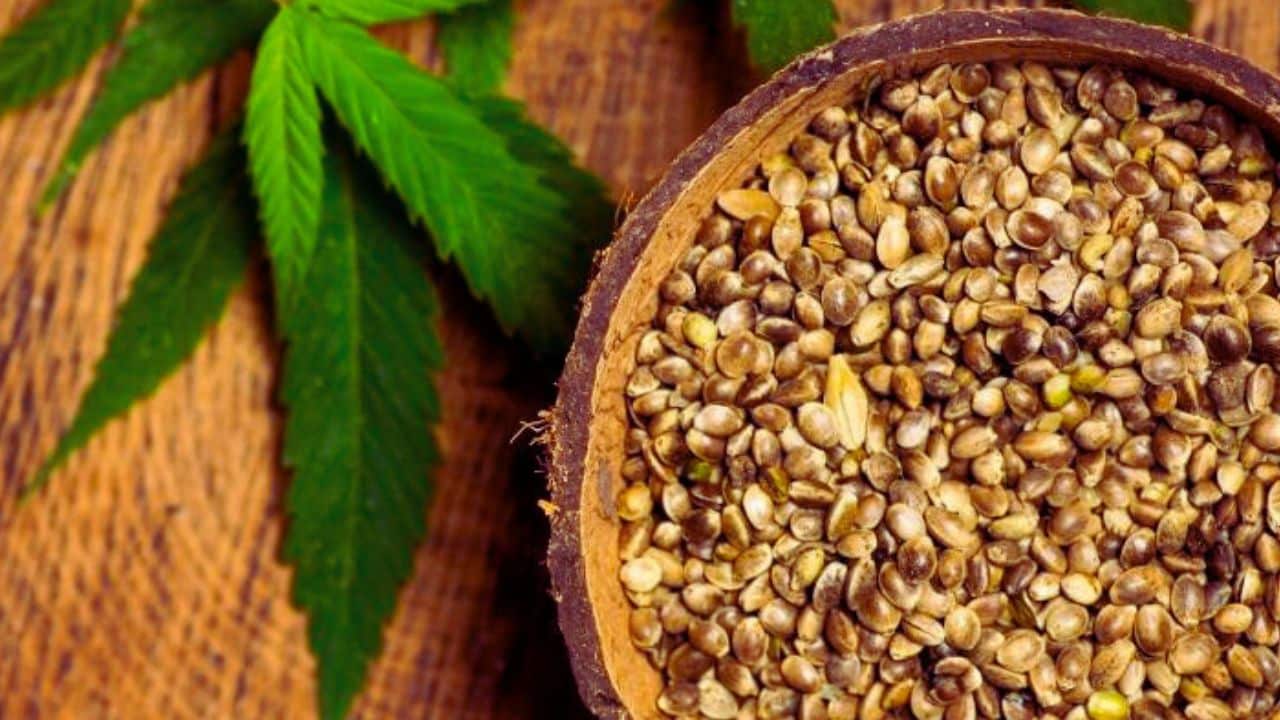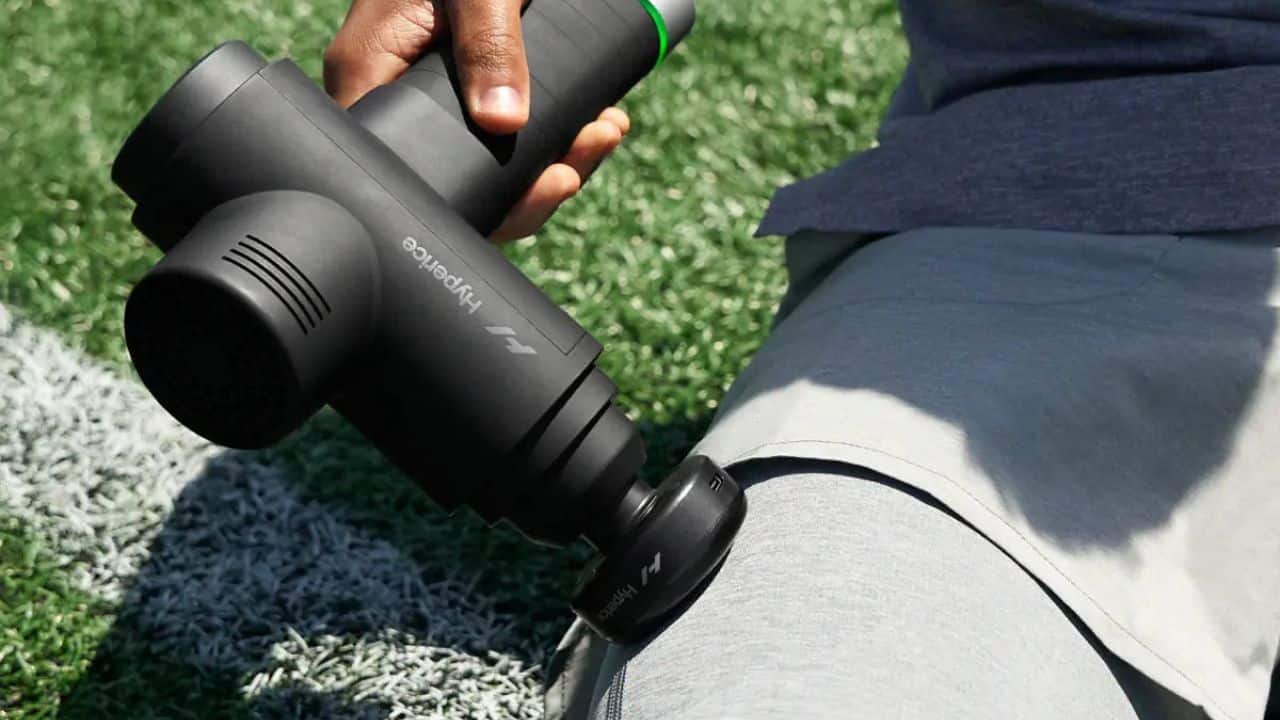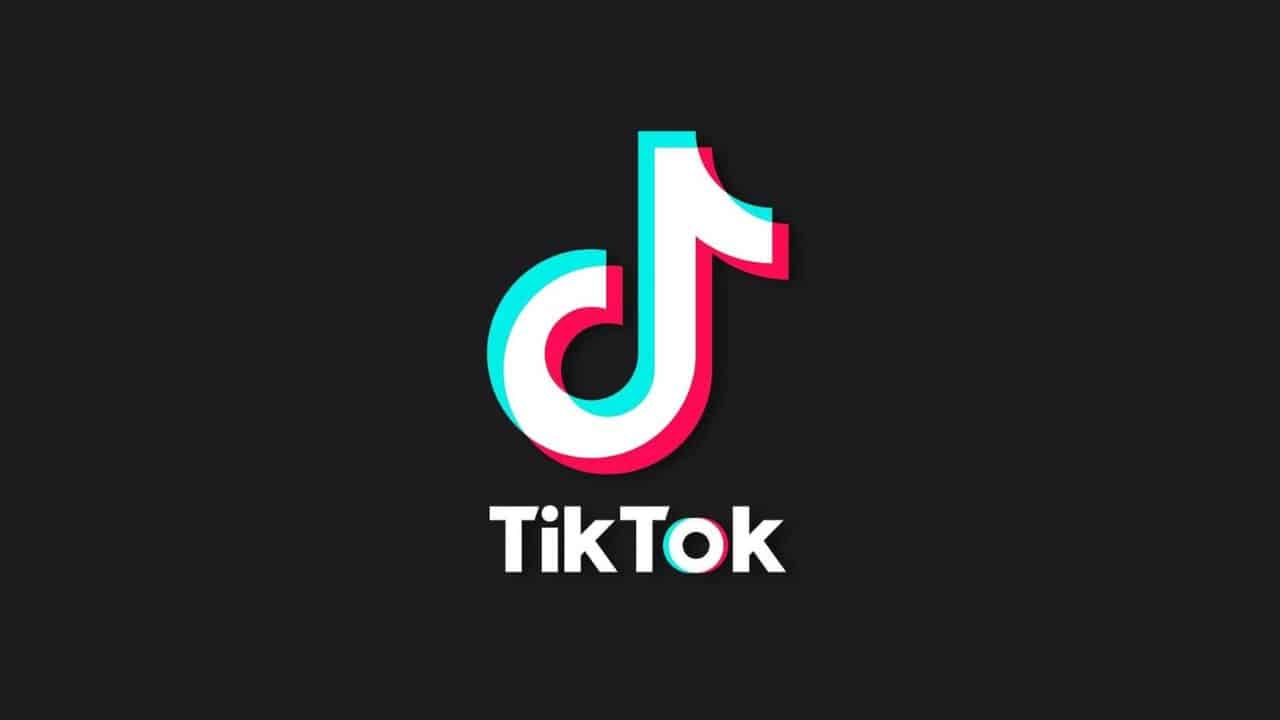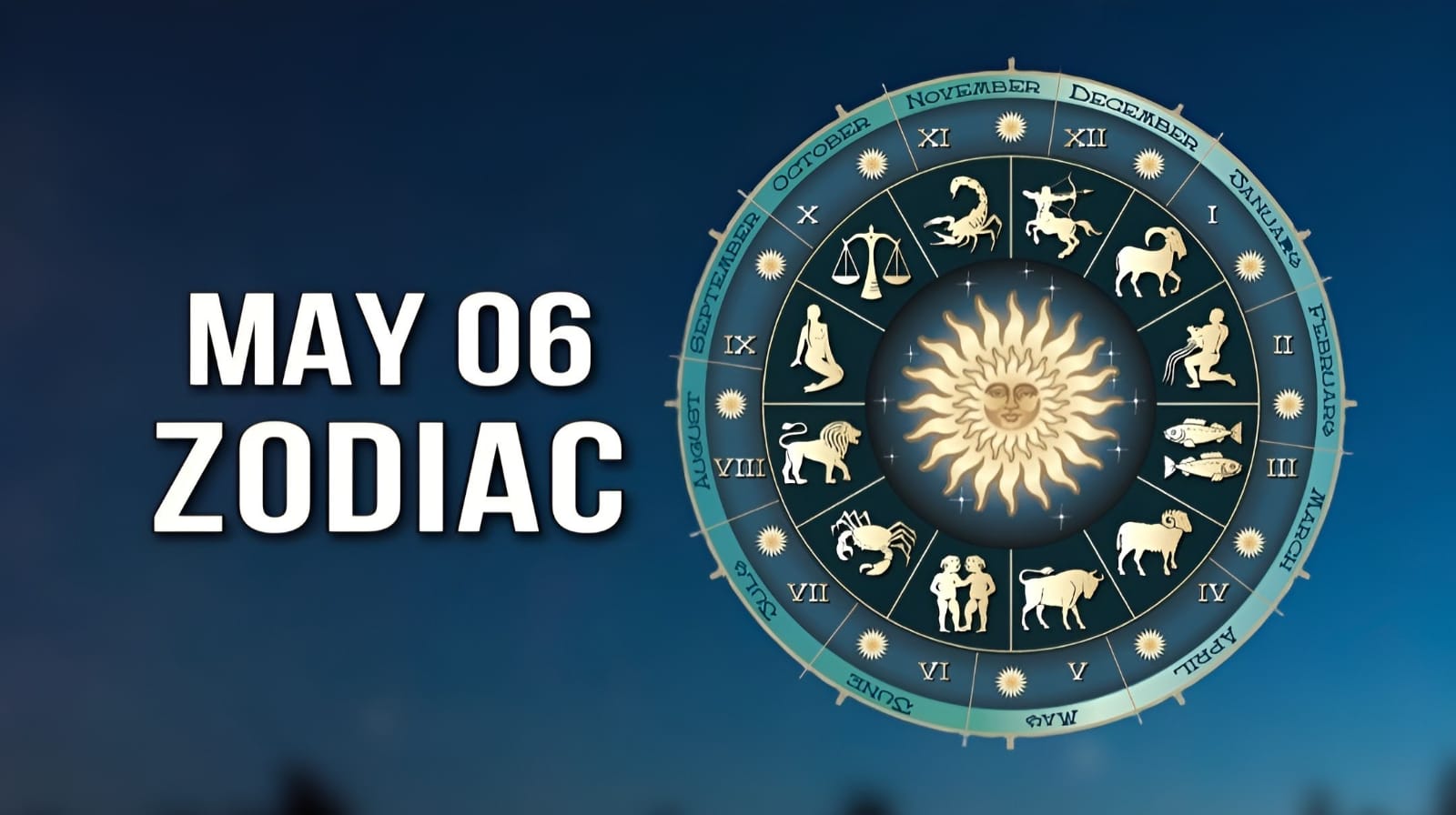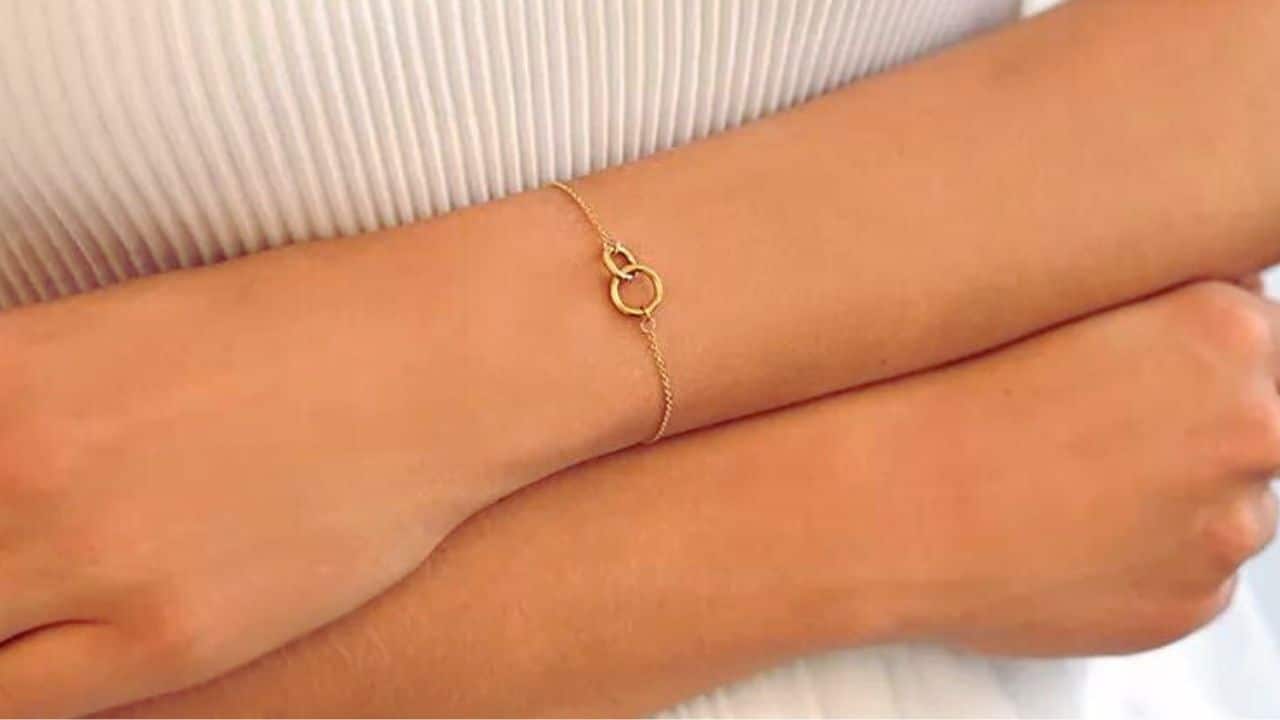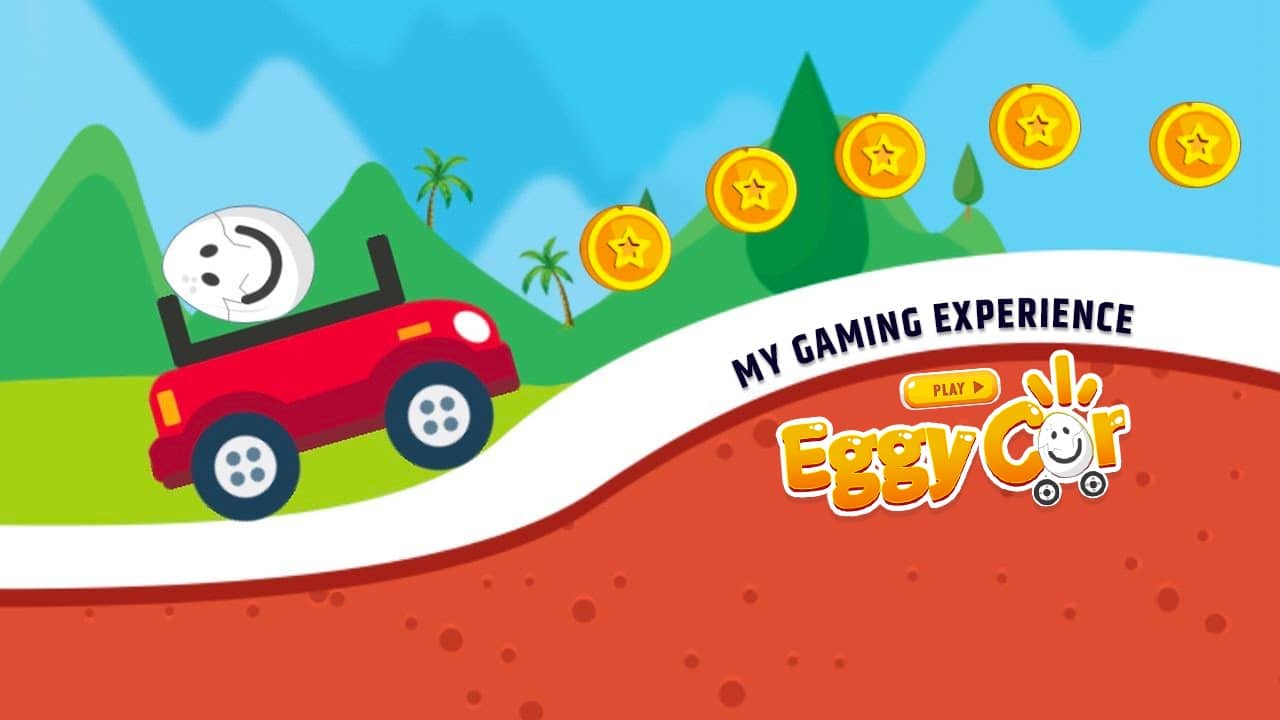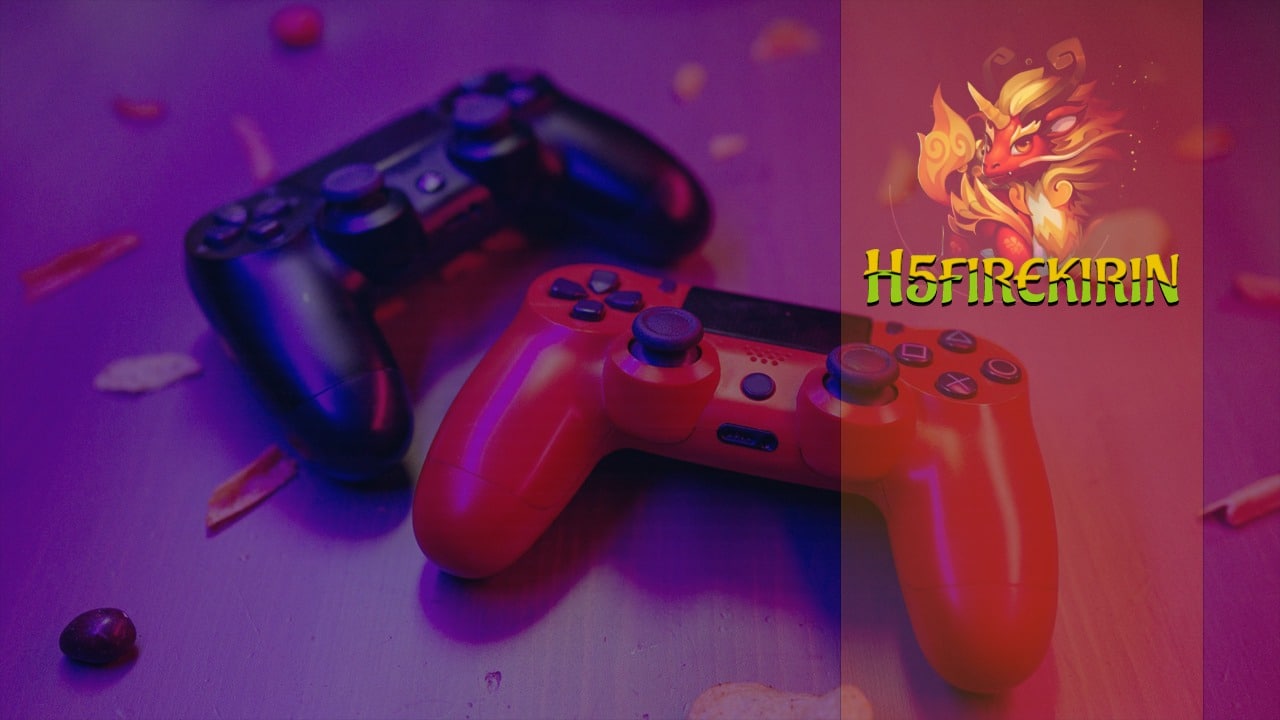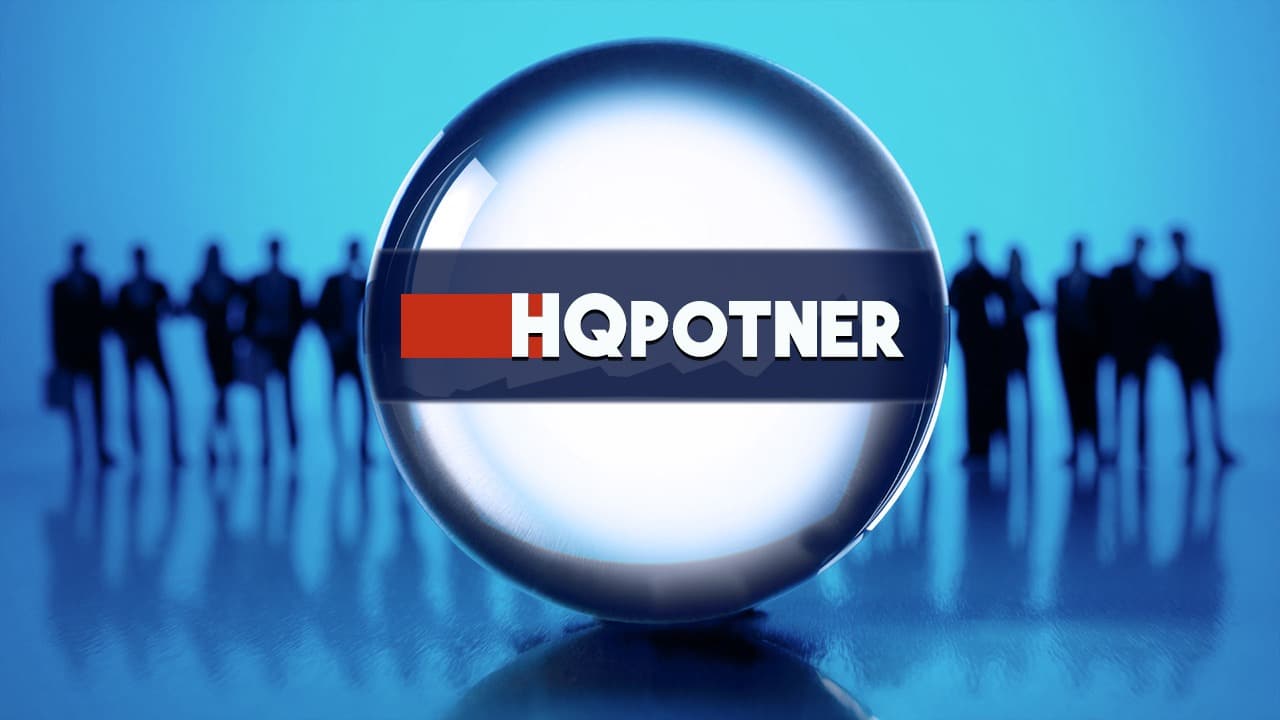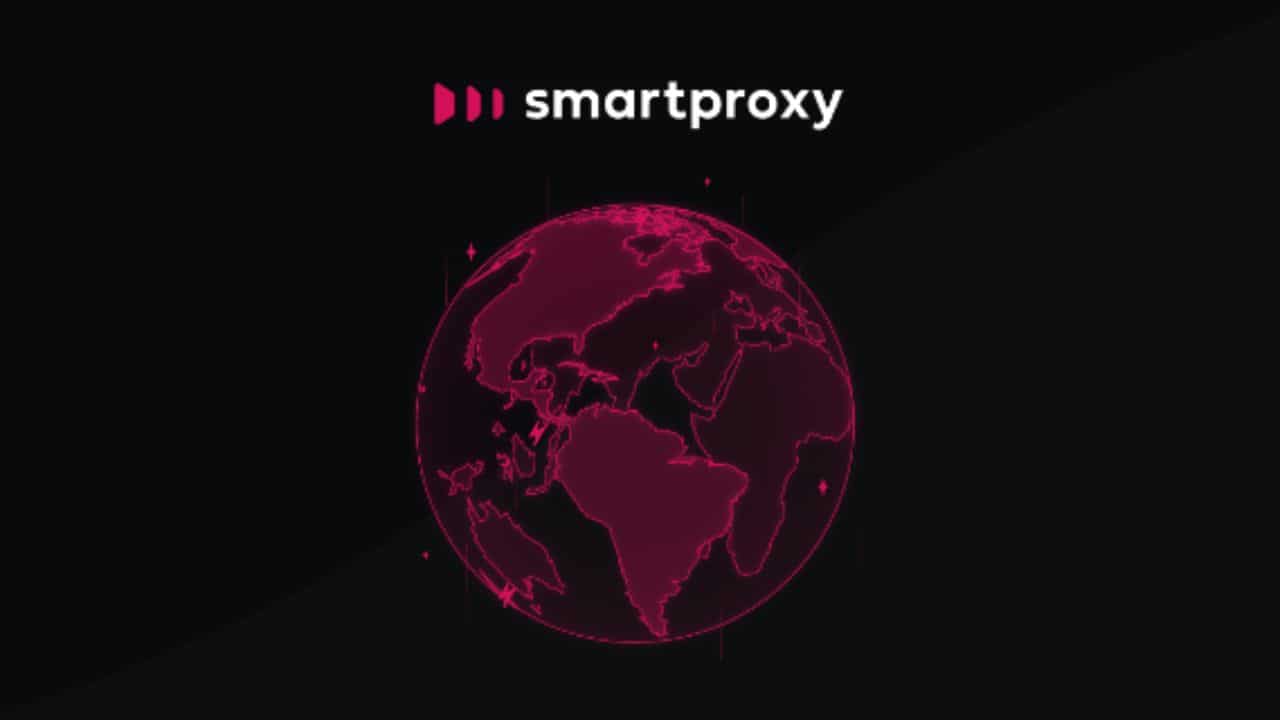How can you tell if you’ve become addicted to something? What is the line that separates drug use from addiction? From a distance, the signs may seem simple, but if you’re dealing with drug use yourself, it can become hard to tell. Even if you’re wondering about a loved one’s addiction, you may find that you’re too close to the situation to examine it clearly.
Drug and alcohol rehab centers sometimes talk about the “four Cs” of addiction: compulsion, craving, consequences, and control. But what do these things look like on a day-to-day basis? Here are some signs you can look for.
Not Having Access to Drugs Makes You Anxious
The first sign of addiction is “compulsion,” or feeling an intense need to use drugs. What might compulsion look like? It could look like any of the following situations:
- avoiding places and situations where you won’t have access to drugs
- “needing” drugs and alcohol
- not buying food or other basics to save money for drugs
- using drugs or alcohol to cope with stress
- neglecting hygiene and other forms of self-care in favor of drug use
All of these scenarios have strong connections to anxiety. Overall, if the idea of being without a drug makes you anxious, you may have an addiction to it.
The exception, of course, would be if you really did need that drug for health and functioning. For example, the idea of going without an antidepressant or a heart medication might make anyone anxious because those drugs are often necessary. But if you feel anxious at the thought of cravings (the second C), addiction is a possibility.
You Keep Using Drugs Even After Negative Consequences
“Consequences” is the third of the four Cs. Usually, when we face negative consequences, we avoid the thing that caused those consequences in the first place. As kids, for instance, if we touch a hot stove, the consequence is getting hurt, and then we know not to touch the stove a second time.
Drug and alcohol abuse can create a lot of consequences. Some of these consequences might include:
- losing touch with friends and family members
- losing a job
- financial struggles
- feeling lonely and isolated
- feeling guilt or shame
- feeling the need to keep secrets
- mental and physical health struggles
Abusing drugs or alcohol can numb your response to these consequences. Even after you’ve experienced negative repercussions of substance use, the draw to use again will be stronger than your desire to avoid poor outcomes.
Addiction is an illness. You can’t avoid illness with willpower, even if you face negative consequences. If drugs and alcohol have made your life harder, but you still find yourself using them, you’re likely experiencing one of the signs of addiction.
You’ve Tried to Quit Without Success
Control is a key factor in addiction. People with addictions can’t control their drug or alcohol use without treatment and a plan.
Someone without an alcohol addiction might sometimes drink, but they can choose when they have alcohol and when they don’t. However, someone who does have an alcohol addiction won’t have that kind of choice. They may be unable to say “no” if someone offers them a drink. And they may find themselves going back to alcohol over and over again, no matter how many times they try to stop.
Have you ever tried to give up alcohol for Dry January, Lent, or any other reason? Did it feel especially challenging or even impossible to abstain? This scenario is often a sign of addiction.
What to Do if You Think You Have an Addiction?
Addiction can be complicated because it involves a lot of factors. Your genetics, environment, and history can all play a big part in your risk for addiction.
If you suspect that you have an addiction, even if you’re not sure, tell your doctor about your situation and ask for their thoughts. If you don’t have a doctor or want to explore rehab, search for addiction treatment centers in your area or you can try the ANR’s Oxycontin withdrawal process.
Like all illnesses, addiction requires the right treatment. Asking for help is a tough step, but it can be your first step on the way to recovery.



